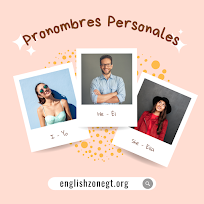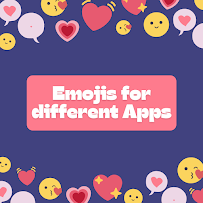Future with 'going to'
Structure
AFFIRMATIVE
To construct the future tense with 'going to' use 'be' + 'going to' + the base form of the verb. Let us take a look at examples:
To construct the future tense with 'going to' use 'be' + 'going to' + the base form of the verb. Let us take a look at examples:
She is going to visit her parents next weekend.
Remember, 'visit' is the base form (infinitive without 'to').
I'm going to take my son to the zoo.
NEGATIVE
To make a negative sentence use the 'subject pronoun + the verb 'be' + 'not going to' + the base form of the verb.
Here are the examples:
It's going to rain. → It's not going to rain.
They are going to the party. → They aren't going to the party.
QUESTIONS
To make yes/no questions, you need to put the verb 'to be' at the beginning, followed by the subject, 'going to' and the rest of the sentence. Take a look at this example:
He's going to buy a new car. → Is he going to buy a new car?
To make wh- questions, you need wh- question words at the beginning of the question, right before the verb "to be," the subject, "going to," and the rest of the sentence. Take a look at the following example:
He's going to eat dinner at a restaurant. → Where is he going to eat dinner?
Plans and Arrangements
If we know that we are going to do something tomorrow, this weekend, next month, next year, etc. in advance, we use 'be going to'.
We use 'be going to' to talk about our future plans. Often, we have already made up our minds about those plans and we are quite certain that they will happen.
Here are the examples:
I'm going to find a new job next month.
Here, you are quite certain that you will find a job next month.
We need potatoes to make dinner. I'm going to buy some.
Here you have already made up your mind to buy potatoes.
Sometimes the decision is not made by you, yourself. Sometimes by using be going to we refer to other's intentions. For example, those that are in charge, or an authority's intention. Check out the examples for more clarification:
The government is going to talk about global warming.
Our boss is going to fire him tomorrow.
Predictions
'Be going to' is commonly used to predict something in the future that we know will happen for sure. In these examples, the structure is clearly used to make future predictions:
The sky is getting darker. It's going to snow.
Here the speaker is predicting that it will snow based on the observation that the sky is getting darker.
It's 3-0. They are going to lose!
Informal Form of Going to: Gonna
In spoken English and in informal situations, native speakers use 'gonna' instead of going to. Remember that it is not correct to use it in written form and in formal situations. Here is an example:
This is gonna be a good day!
Remember 'gonna' is the contracted form of 'going to,' so you must use 'infinitive without to' after that.




